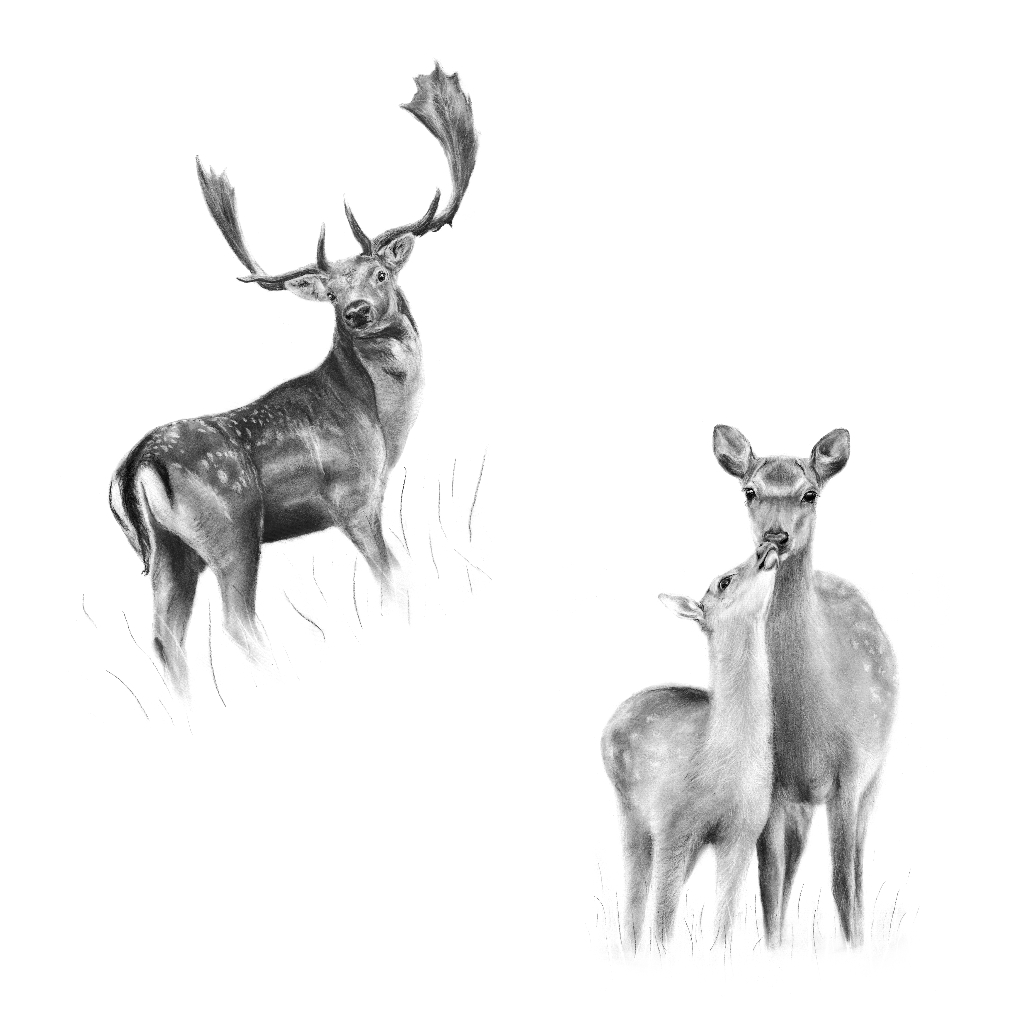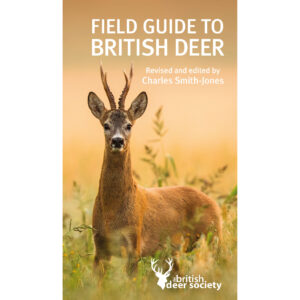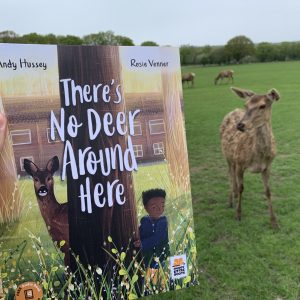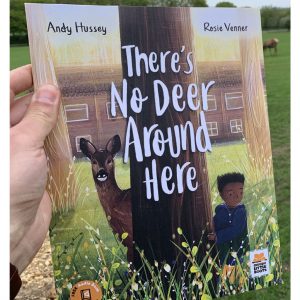Deer Management in the UK: Sustainability Verses Eradication
Share article:
Article by:
Laura McMahon, Marketing Manager, British Deer Society
Deer Management in the UK: Sustainability Verses Eradication
Recently, we received a heartfelt letter from a dedicated member of the British Deer Society (BDS), a seasoned deer stalker with 30 years of experience who was dismayed by the indiscriminate and unsustainable shooting of roe deer around his management areas. His words shed light on the evolving challenges faced by conscientious deer managers who prioritise legal and humane practices in an environment where not all shooters share the same values.
The Dark Side of Deer Stalking:
Regrettably, there are individuals in the UK who engage in deer stalking without regard for seasons, deer welfare, or sustainability. The indiscriminate shooting of deer, regardless of sex or age, is wreaking havoc on populations not only within their immediate territories but also spilling over into adjacent land and beyond. The impact is tangible, and our member’s experiences highlight a concerning decline in roe deer numbers on his stalking grounds.
Focusing on the Right Targets:
While the need for managing roe deer populations is acknowledged, it’s essential to recognise that the same level of concern may not apply to them as it might to other deer populations like fallow or muntjac. Singularly fixating on roe deer is not a justifiable management strategy. A more comprehensive approach is necessary, considering the broader ecological balance and the unique challenges posed by different deer species.
The Role of Anti-Deer Rhetoric and Flawed Guidance:
The current climate of anti-deer rhetoric from various organisations, coupled with flawed guidance, and in some cases, the removal of male deer seasons, is creating a breeding ground for unsustainable and unethical hunting practices. It is imperative to address these issues to prevent the further degradation of deer management standards which will ultimately negatively impact our deer populations.
The Delicate Balance of Deer Management:
As our member points out, successful deer management demands a delicate balance that safeguards deer welfare while effectively controlling population numbers. This balance necessitates the inclusion of both male and female deer in management practices. Implementing close seasons is a vital tool not only in protecting deer welfare but also in maintaining a balanced approach to deer management that effectively controls population numbers.
Encouraging Responsible Land Ownership:
In light of these challenges, we urge landowners to exercise due diligence in selecting individuals to manage deer on their property. Those entrusted with this responsibility must adhere to principles of humane, legal, and sustainable deer management. We must collectively resist the trend towards an eradication mindset, recognising that a balanced and sustainable approach is the key to preserving harmony between human interests, biodiversity, and deer.
Conclusion:
Deer management in the UK stands at a crossroads, with the choices made today influencing the future of our natural landscapes. By fostering a culture of responsible and sustainable deer management, we can ensure that these majestic creatures continue to thrive in their habitats, contributing to the rich tapestry of the British countryside. Let us strive for a future where the coexistence of humans and deer is characterised by respect, understanding, and a commitment to preserving the delicate balance of our ecosystems.
Support BDS
Our campaign “Help Us Get Your Deer Judged by Facts, Not Fiction” is now live on the Big Give website.
For 1 week from midday on Tuesday 28th November,
any donation you make to the campaign will INSTANTLY GET DOUBLED by the Big Give.
If you give £10, it will be instantly doubled to £20.
If you give £25, it will be instantly doubled to £50, and so on*.
This is an amazing opportunity for us all to come together for deer and to speak up louder for them than we ever have before.
One donation, twice the impact.
TOGETHER FOR DEER.












